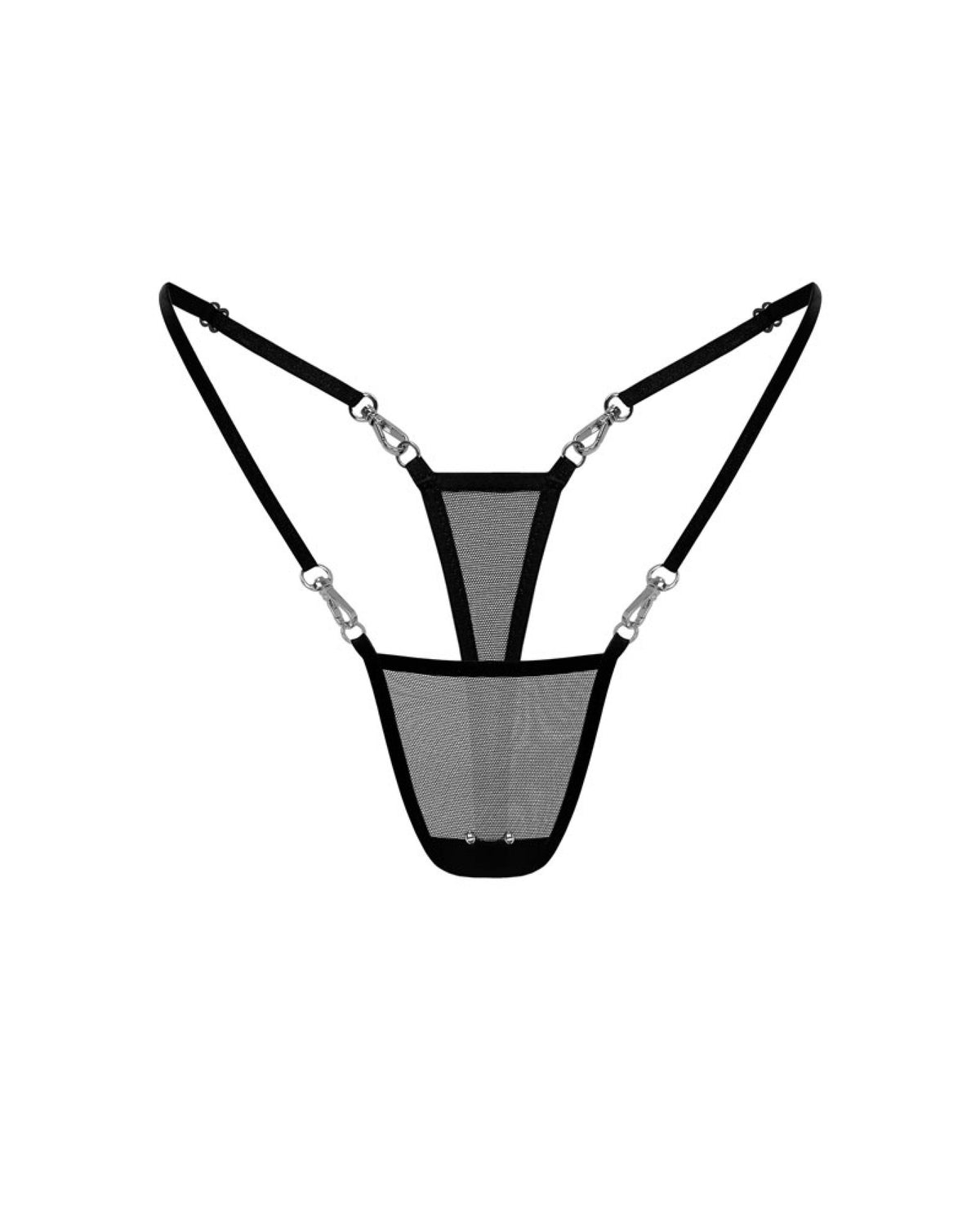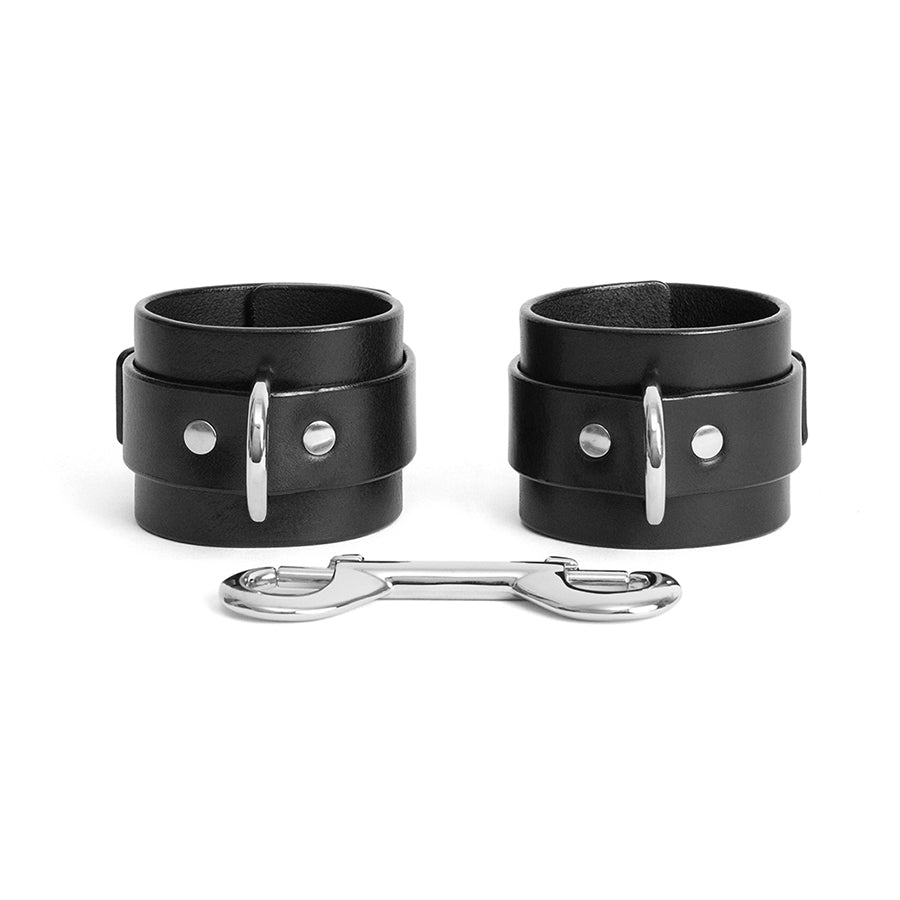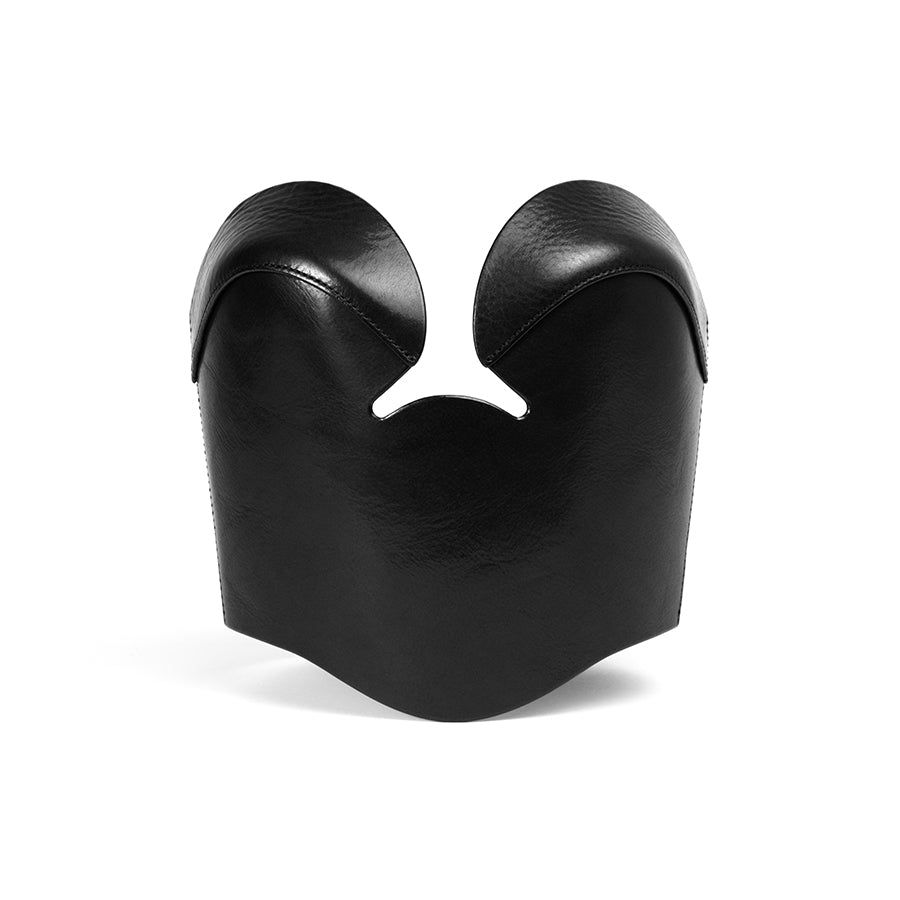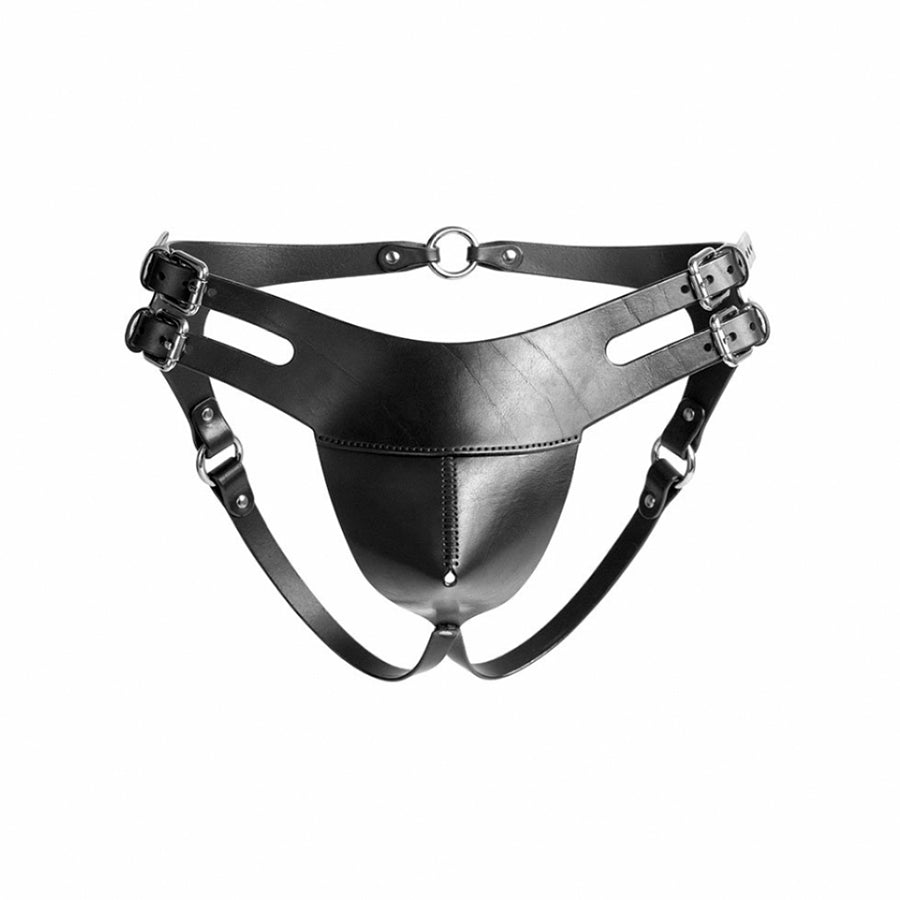
April 27, 2025
The Dominant’s Guide to Handling a Sub’s Emotional Overload
Subs may experience emotional overload when they feel too many emotions at once—fear, sadness, excitement, shame, and vulnerability. And knowing how to support them is one of the most important responsibilities of the dominant.
Here’s your guide to navigating a sub’s emotional overload with strength, grace, and empathy.
1. Recognize the Signs Early
Emotional overload doesn’t always look like tears. It can show up as withdrawal, irritability, zoning out, hyperactivity, or even laughter. Every submissive expresses overwhelm differently. Pay attention to body language, changes in speech patterns, and energy shifts — being observant is part of your role as a caregiver.
Look out for:
- sudden quietness or avoidance;
- restlessness or fidgeting;
- rapid breathing or shaking;
- emotional outbursts (crying, anger, panic);
- difficulty making decisions or expressing thoughts.
2. Prioritize Safety
If you’re in the middle of a scene and notice signs of emotional overload, stop immediately. Consent, safety, and emotional well-being are always more important than sticking to a script. Use a safeword if necessary, or simply call a time-out.
Create a calm, low-pressure environment: lower lighting, offer a blanket, reduce background noise, and make sure you’re somewhere they feel secure.

3. Shift Into Care Mode
When a submissive is emotionally flooded, they don’t need more dominance — they need grounded, stable care.
Try these:
- speaking softly and reassuringly;
- offering physical comfort if they want it (hugs, holding hands, a hand on the back);
- encouraging them to breathe slowly with you;
- giving clear, simple instructions (“Sit here,” “Take a sip of water,” “Breathe with me”);
- reassuring them they are safe and that you’re not upset with them.
Remember: even the most resilient submissive needs permission to be vulnerable sometimes.
4. Listen Without Fixing
Your instinct might be to fix whatever’s wrong. Resist that urge — unless they specifically ask for advice.
Most of the time, your submissive just needs to feel seen, heard, and loved, not solved.
Good phrases to use:
- “I’m here. Take your time.”
- “You’re safe with me.”
- “It’s okay to feel everything you’re feeling.”
- “I’m proud of you for letting yourself be vulnerable.”
Ask open-ended questions if they want to talk, but don’t pressure them. Silence can be healing, too.
5. Respect Aftercare Beyond the Scene
Sometimes emotional overload doesn’t hit right away. It can appear hours or even days later, especially after a particularly intense scene or emotional experience.
As a Dominant, make it part of your aftercare routine to check in — not just physically, but emotionally.
Ask things like:
- “How are you feeling today, really?”
- “Anything lingering you want to process together?”
- “Is there anything you need more of from me right now?”
Normalize emotional check-ins. They deepen trust and show that you care about the person, not just the play.

6. Know Your Own Limits
You’re human too. You can’t pour from an empty cup. If you ever feel overwhelmed by your submissive’s emotional needs, it’s okay to admit that — lovingly and responsibly.
Use phrases like:
- “I want to support you the best I can, and I also need a moment to ground myself.”
- “Let’s take a short break and come back together.”
Managing emotional overload together is a shared responsibility. Being honest protects both of you.






